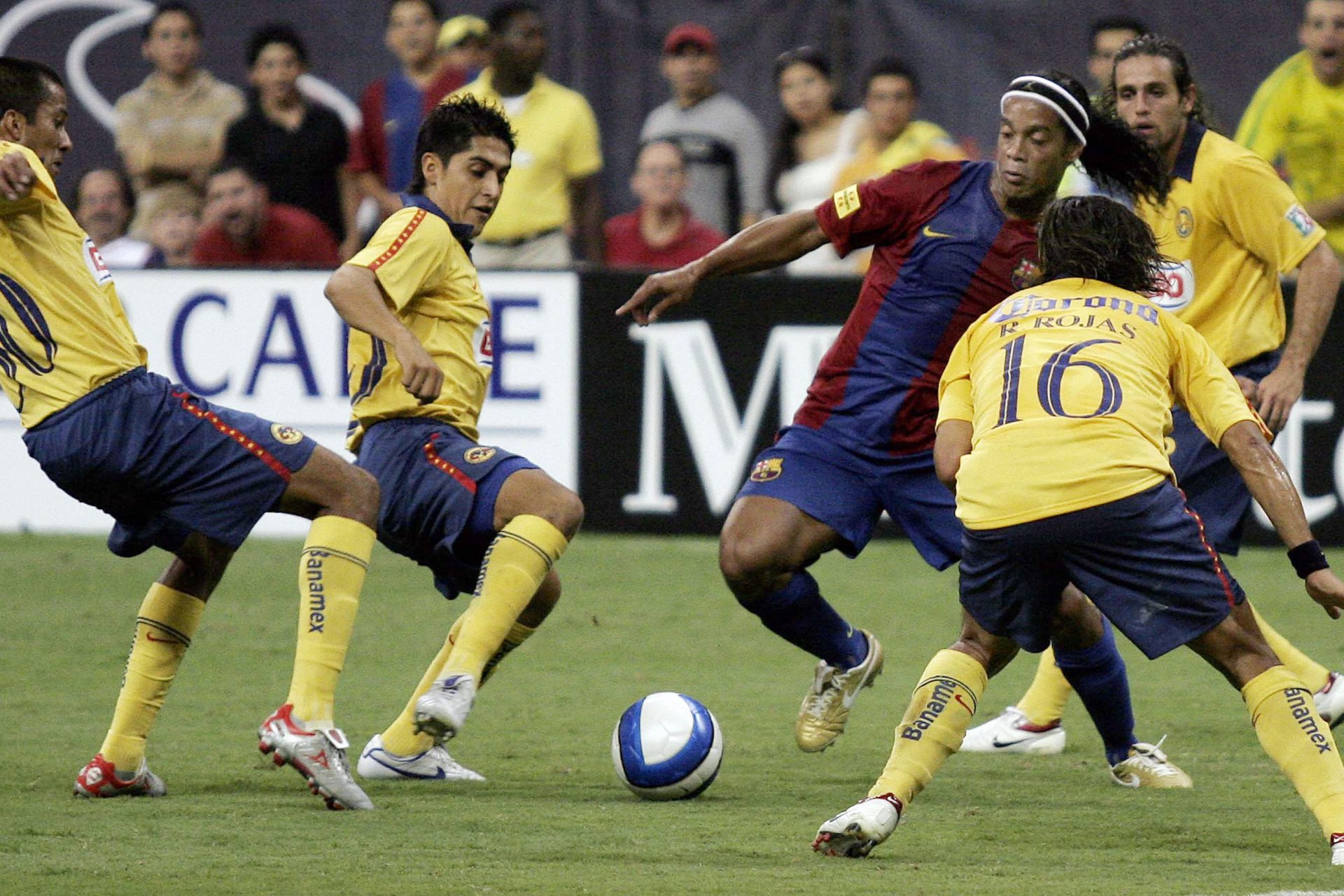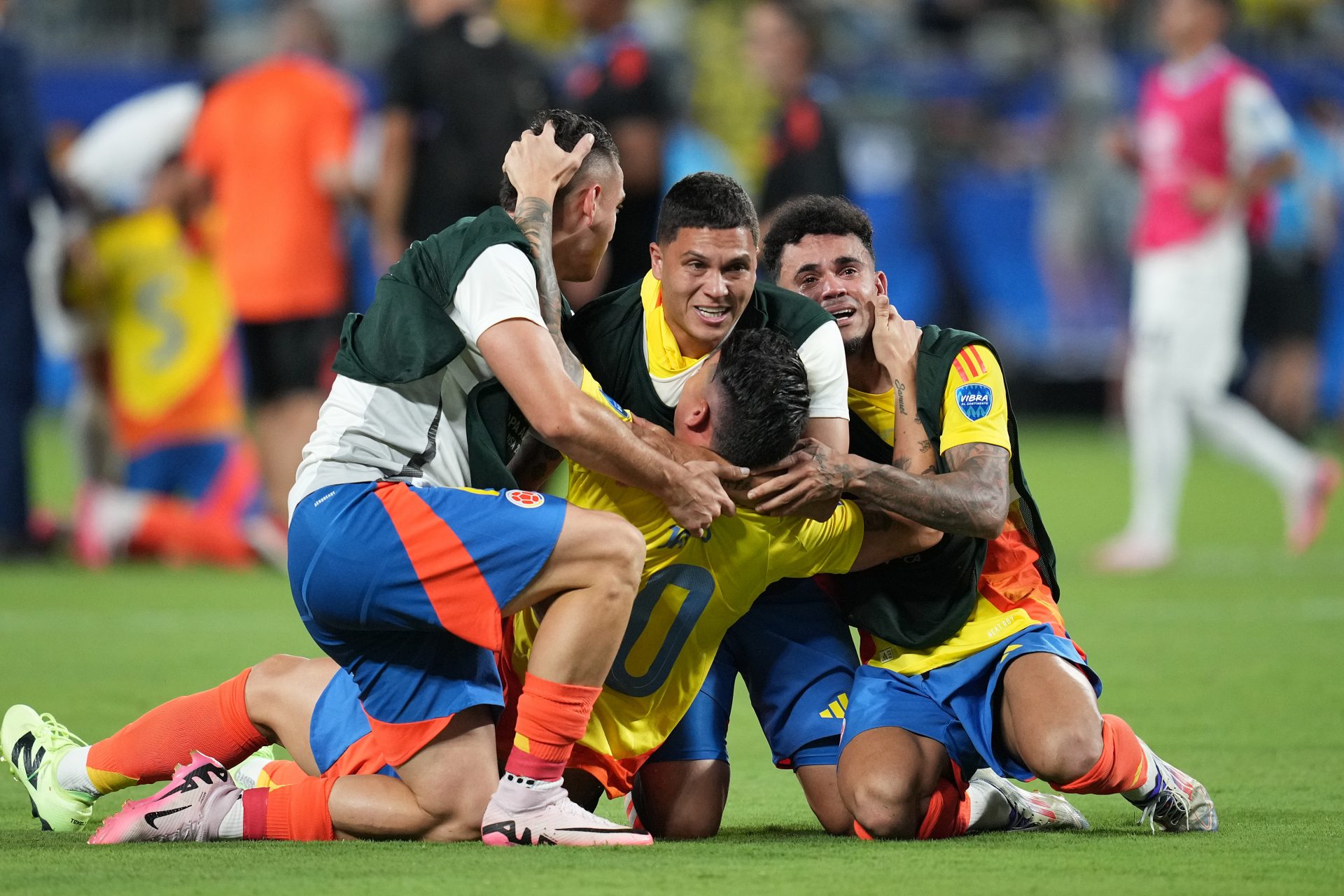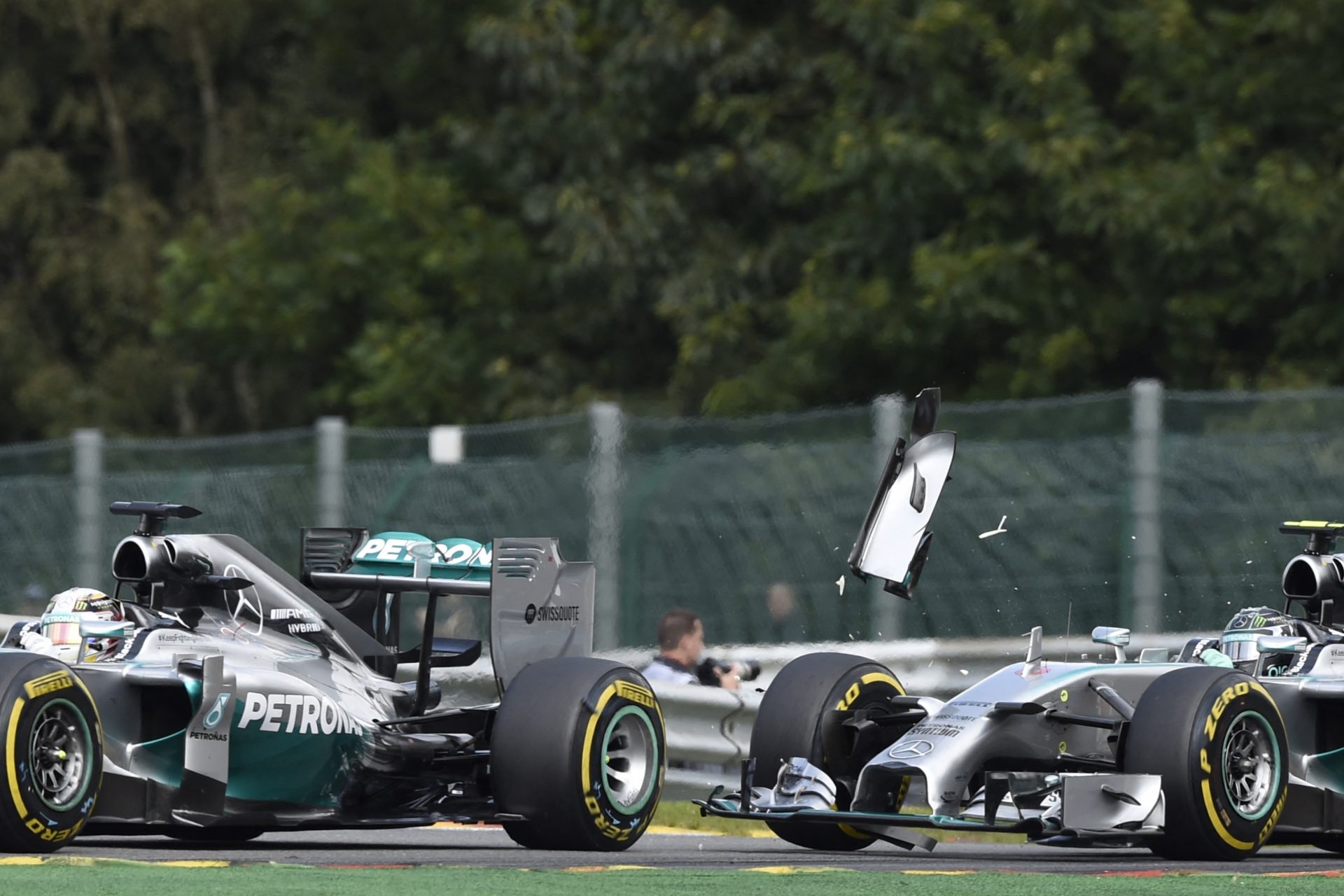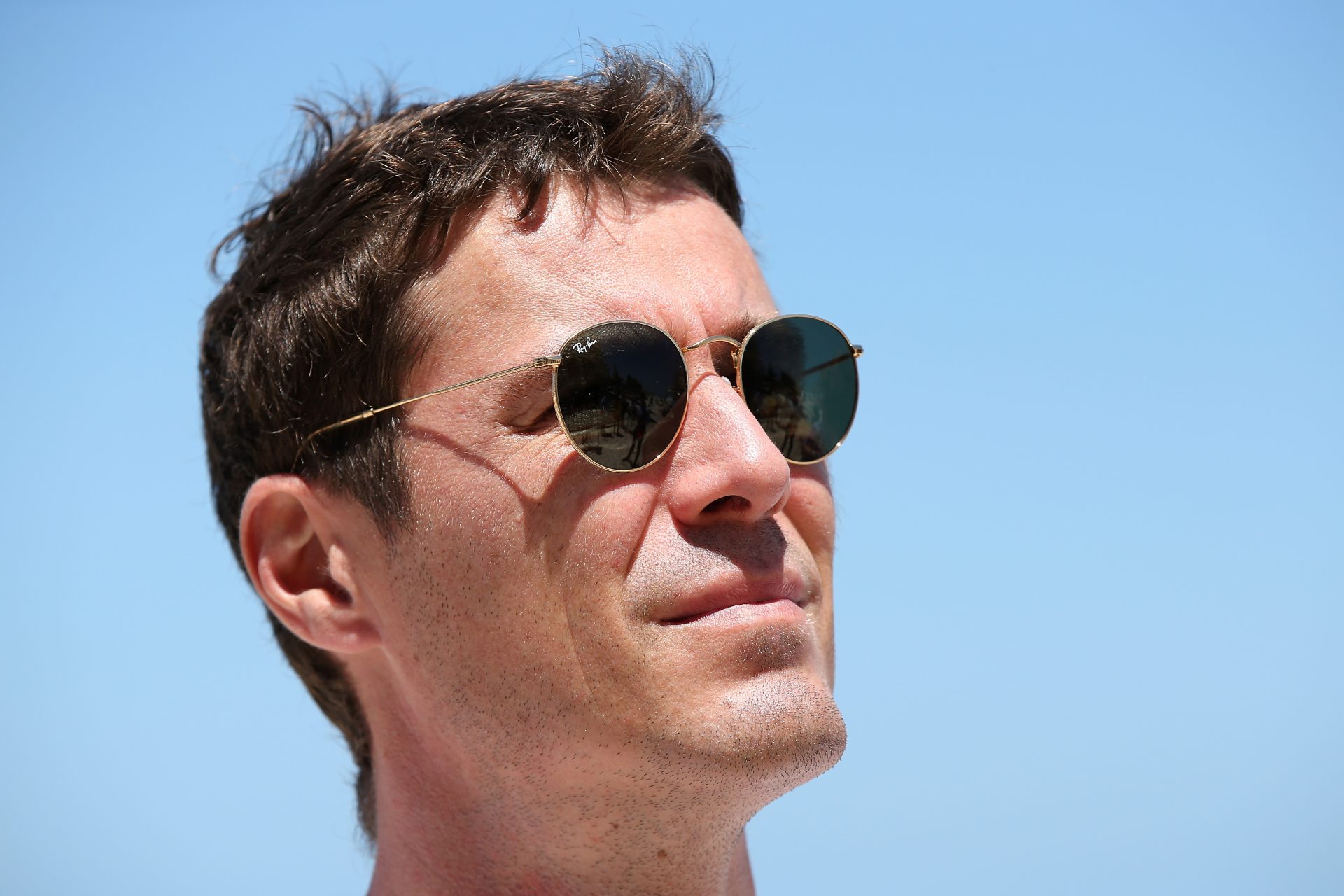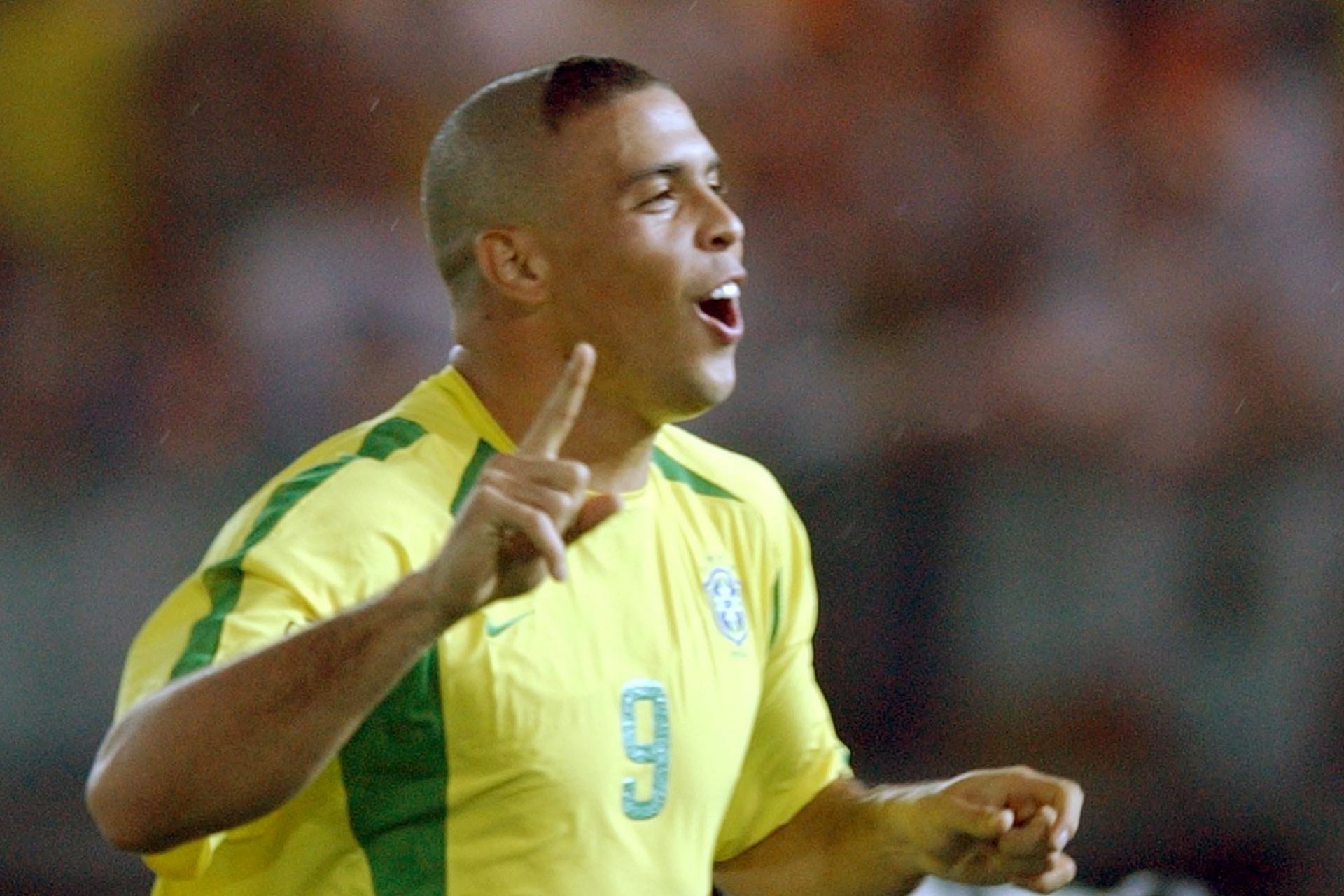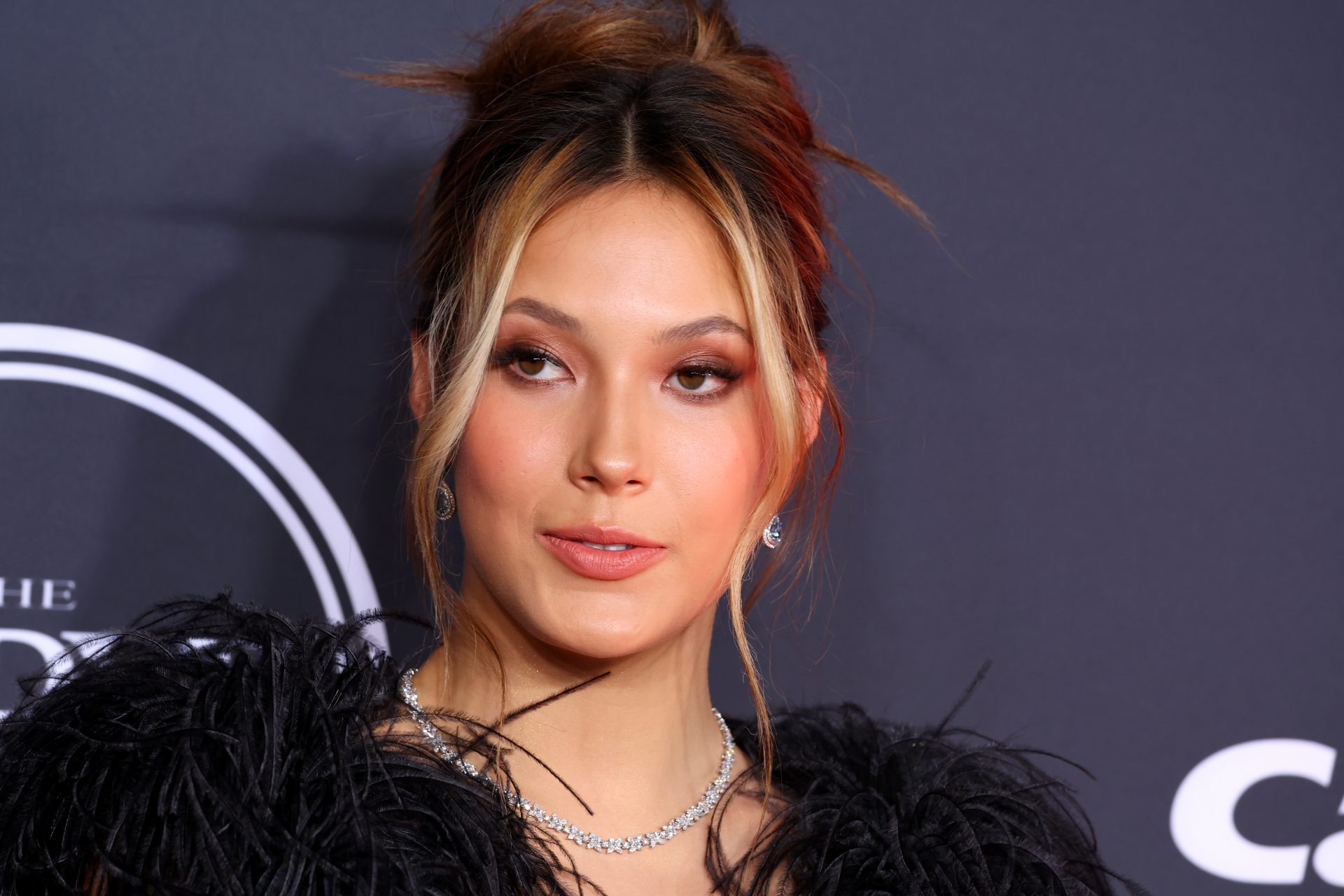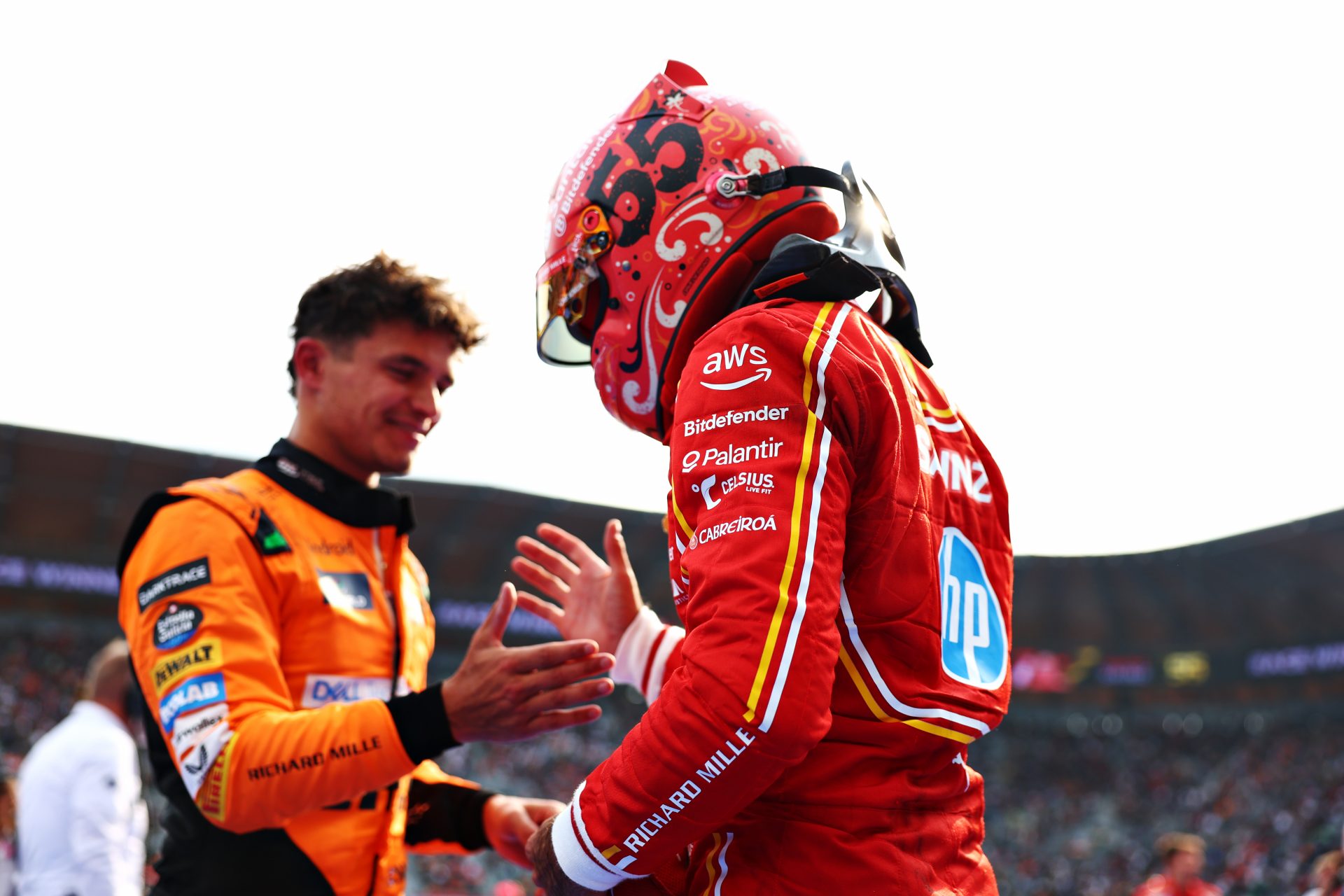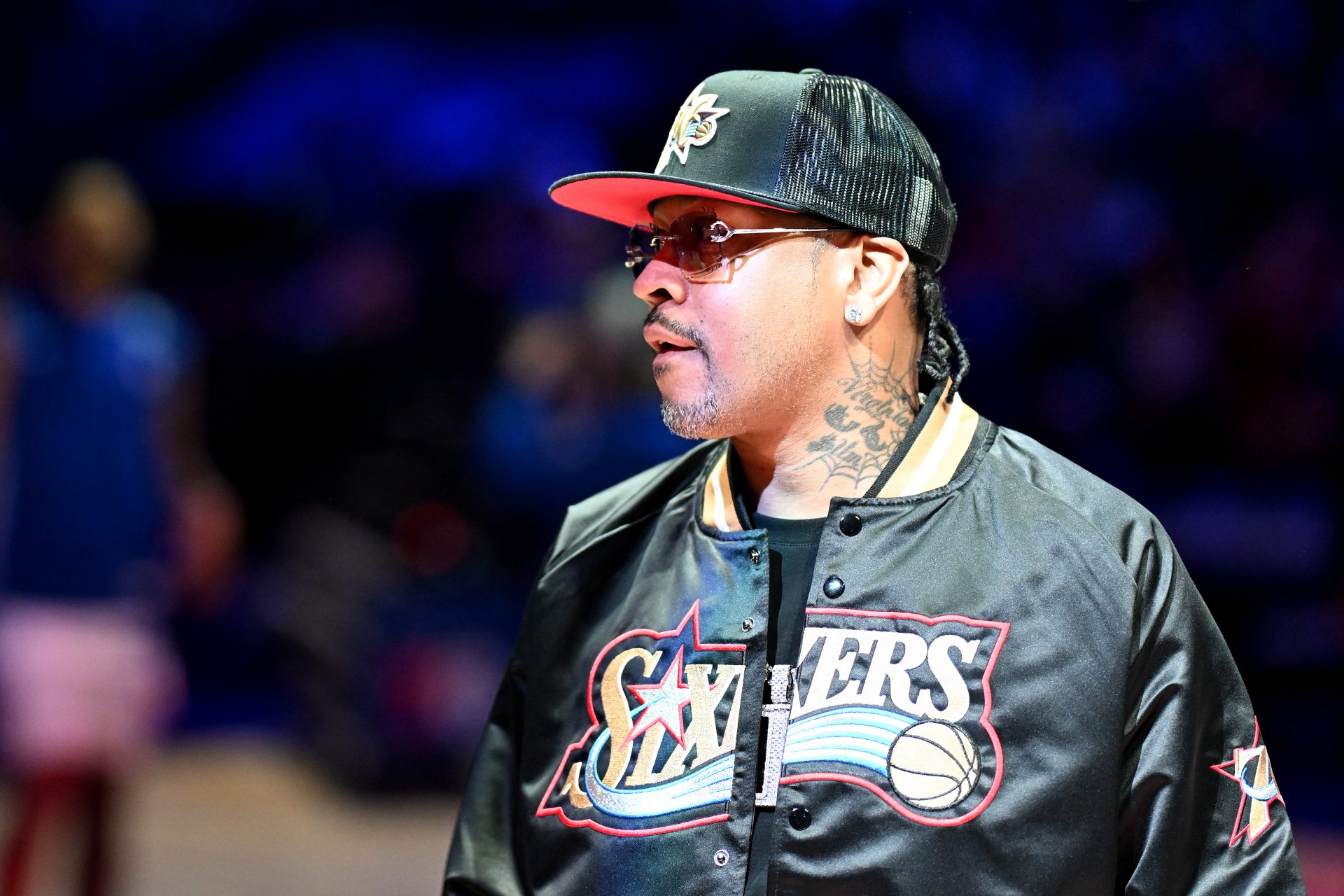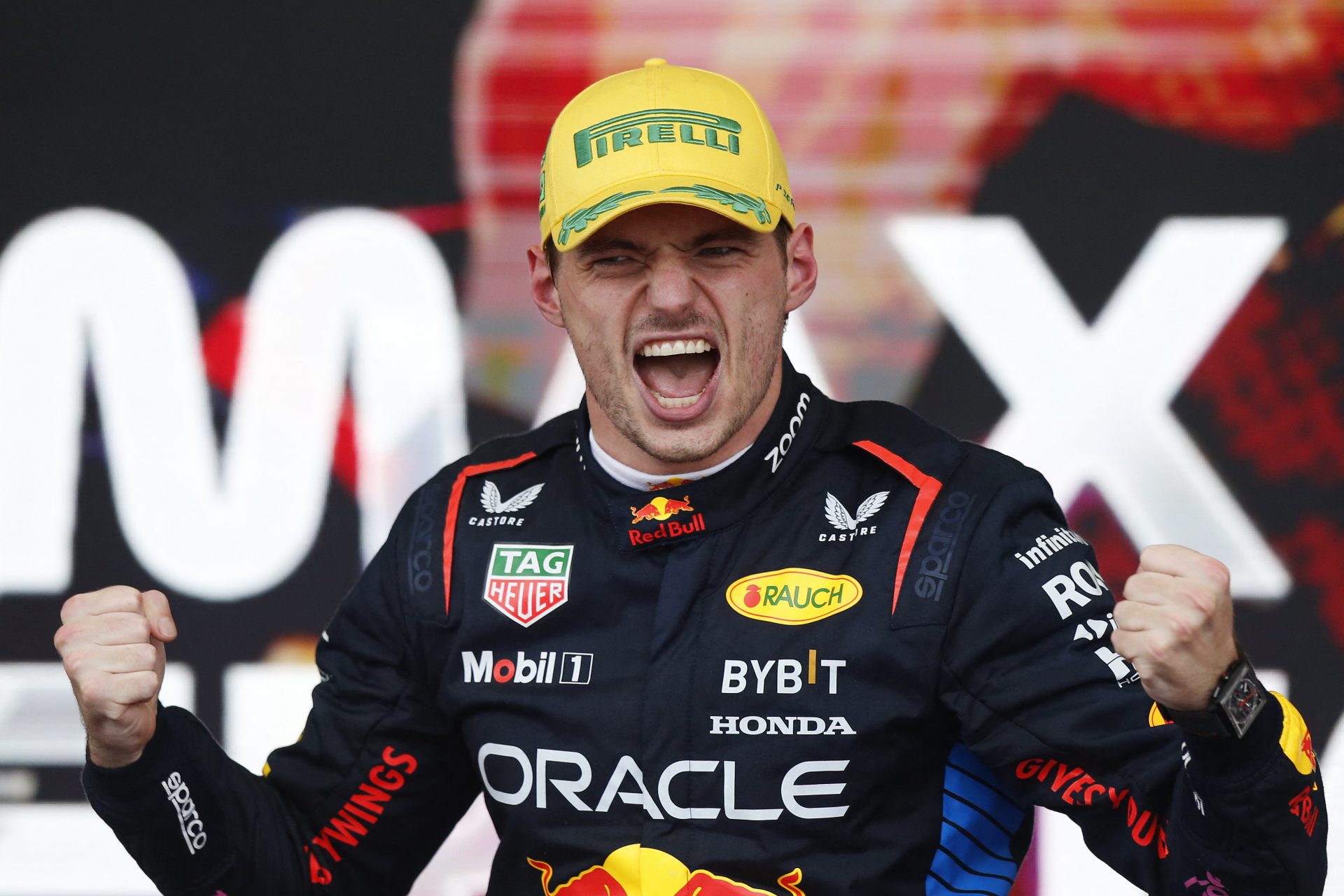How racist is football? A look at the history of hatred in England and beyond
Racism has plagued football for decades and doesn’t appear to be going anywhere fast. But just how bad is it, and is there anything that can be done to stop it?
Whilst racism writ large pre-dates this by many years, racism in football came to prominence in the United Kingdom in the post-war years. From the 50s to the 70s, and beyond, there was a huge influx of Caribbean immigrants to the UK, who quickly became the target for many English hooligans.
The first professional black footballer in England was Arthur Wharton, who played for a slew of clubs at the turn of the 20th century. Through the middle of the century, there were others, but it wasn’t until the 1970s that football saw a steady influx of black footballers.
The 70s saw a huge rise in the prominence of hooliganism and ‘firms’, a lot of which were connected to far-right groups such as the National Front, a fascist organisation who infiltrated the terraces to spread their hateful speech.
The 70s also saw a huge rise in the number of black players. Unfortunately, they fell victim to the racist abuse almost immediately, with West Bromwich Albion great Brendon Batson saying “We’d get off the coach at away matches and the National Front would be right there in your face.”
The rest of Batson’s quote is worth reading too, showing how normalised this behaviour was, “In those days, we didn’t have security and we’d have to run the gauntlet. We’d get to the players’ entrance and there’d be spit on my jacket or Cyrille’s (Cyrille Regis) shirt. It was a sign of the times. I don’t recall making a big hue and cry about it. We coped. It wasn’t a new phenomenon to us.”
The start of a decade saw more of the same for black players in England, with ex-Tottenham Hotspur player and current Ghana manager Chris Houghton saying, “as a player I experienced a lot of racism in the 1980s, particularly from the terraces.”
There was no change into the 90s either, with Emile Heskey experiencing some of the worst abuse you could imagine, he stated he was “spat at and called the N-word”. Considering Heskey’s age, he would have been a teenager at the time of the abuse.
Way back in 1993, Kick it Out was launched with the aim of stopping racist attacks on players, providing programs and campaigns with the sole aim of making football accessible to everyone.
Football may seem more sanitised these days, with less violence off the pitch and in the stands, but racism is still rampant, here are a few horrific examples.
After the Euro 2020 final, held in July of 2021 due to covid issues, the three black players who missed penalties were immediately bombarded with racist abuse on their social media pages, with some members of the public convicted of online racial hatred following their abusive posts.
Whilst playing for Anzhi Makhachkala, Roberto Carlos walked off the pitch and refused to return, after a banana was thrown at him. The Brazilian legend stated afterwards, “Such things should not be tolerated in civilised countries” and that he “felt deep disappointment and had no desire to continue the game."
The most recent incident involves another Brazilian, this time playing for Real Madrid. After suffering abuse from the home crowd in Valencia, Vini pointed out the abusers to the referee who did nothing, a brawl broke out and Vini was the only player sent off.
Whilst this incident gained publicity, Vinicius Jr. took to social media to put together a collection of the racist abuse he had suffered this year, which made it obvious the chants from the Valencia fans were far from the worst abuse he had faced.
These are just a few prominent examples of racism in football, but it is a far too common occurrence, ex-Manchester United player and current pundit Rio Ferdinand said “It does hurt. […] It’s [also] what it does to friends and family. I’ve seen members of my family disintegrate at times. I have to sit there and explain [to my children] what the monkey emoji means in that context, what the banana means.”
The UK government is taking steps to bring down harsher punishments on anyone committing racist abuse, so if you see it, do report it if possible. Within stadiums the best thing to do is report it to stewards or police in the area, we must all make a stand against this abuse and do what we can to make this great sport safe for all to play.
More for you
Top Stories



















